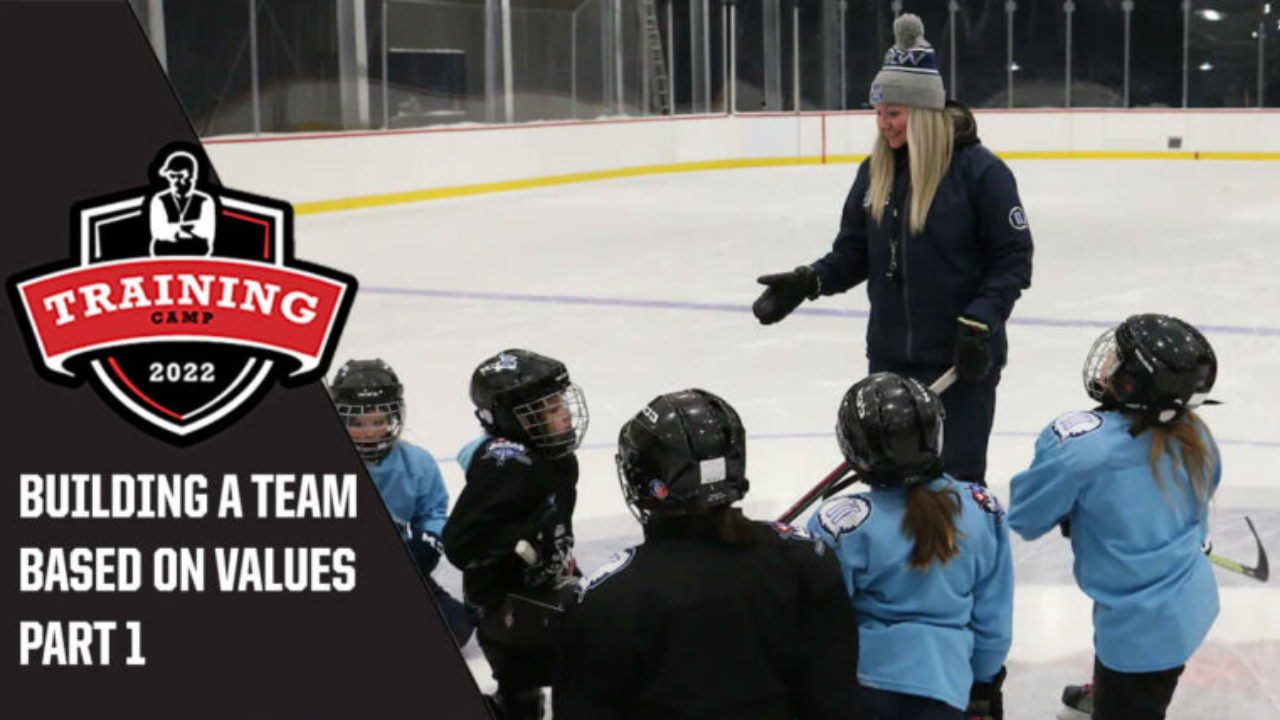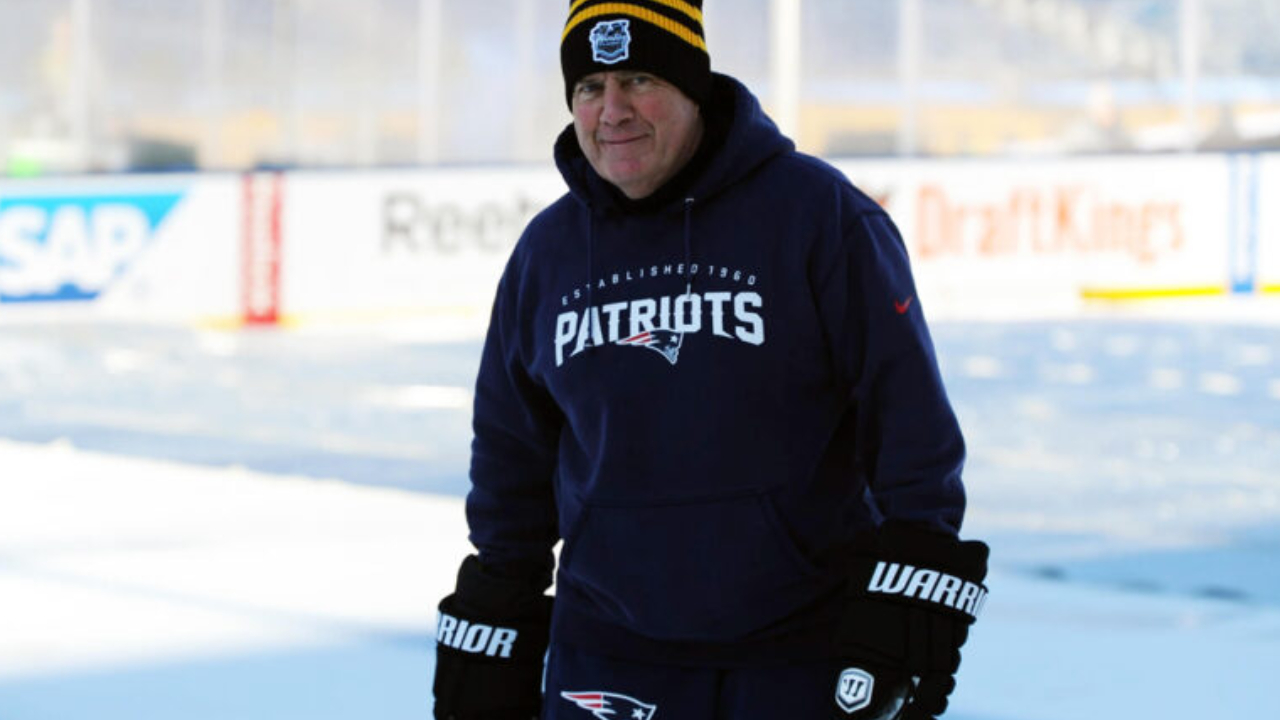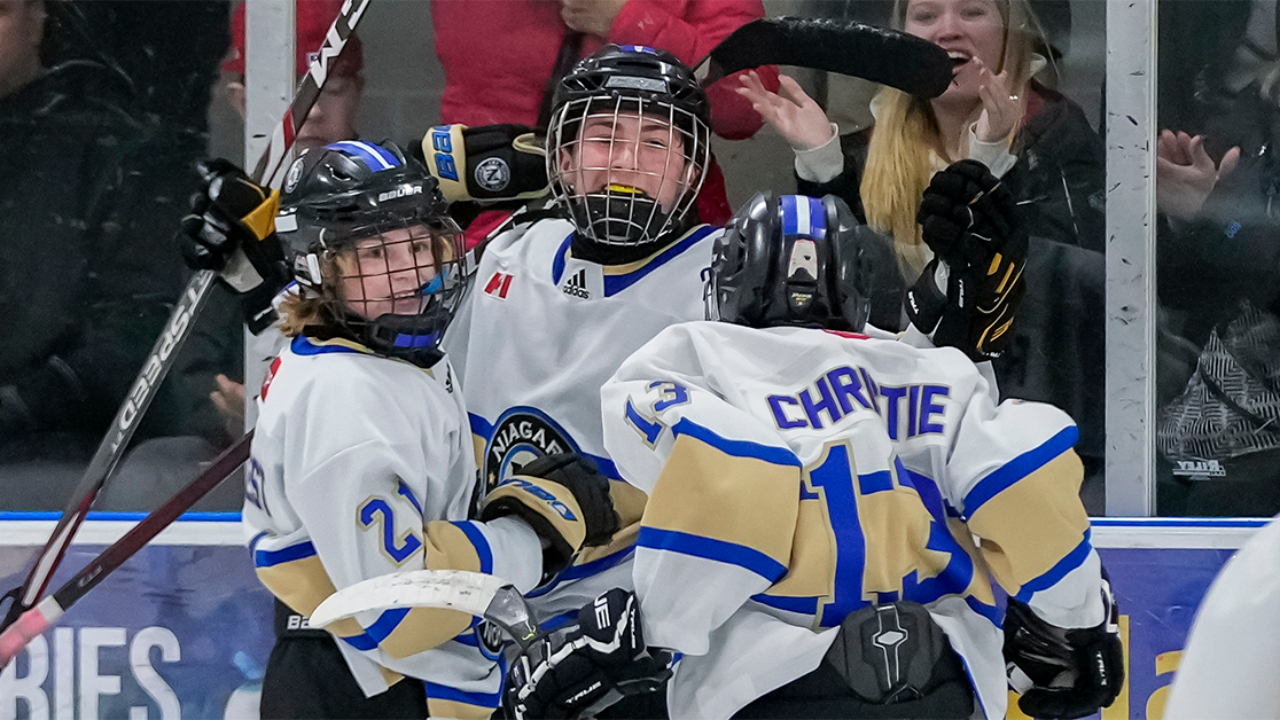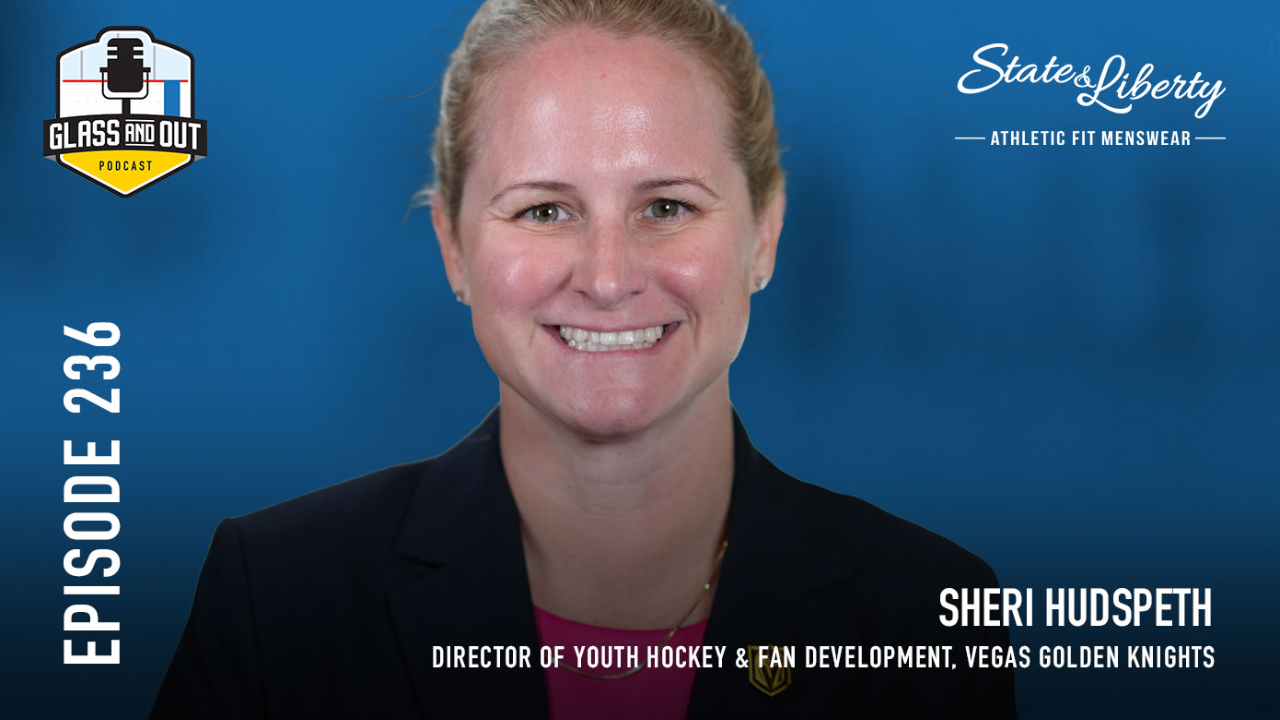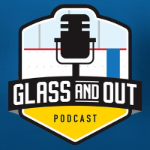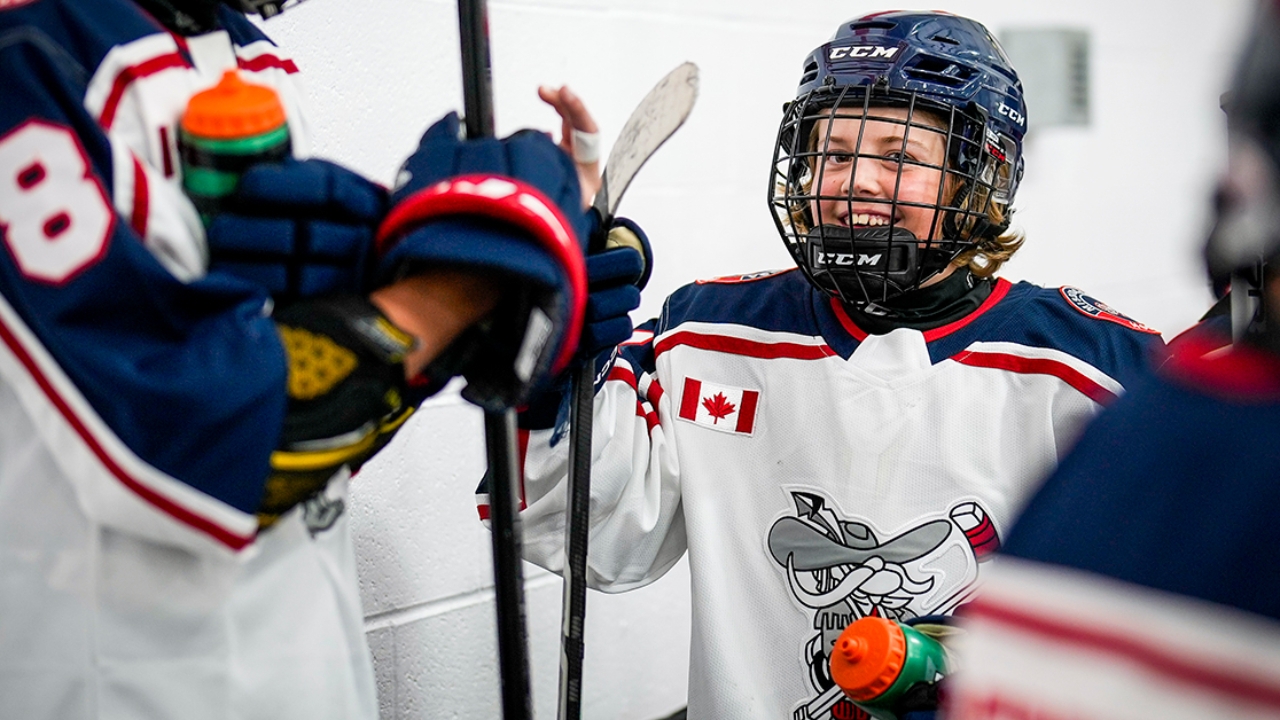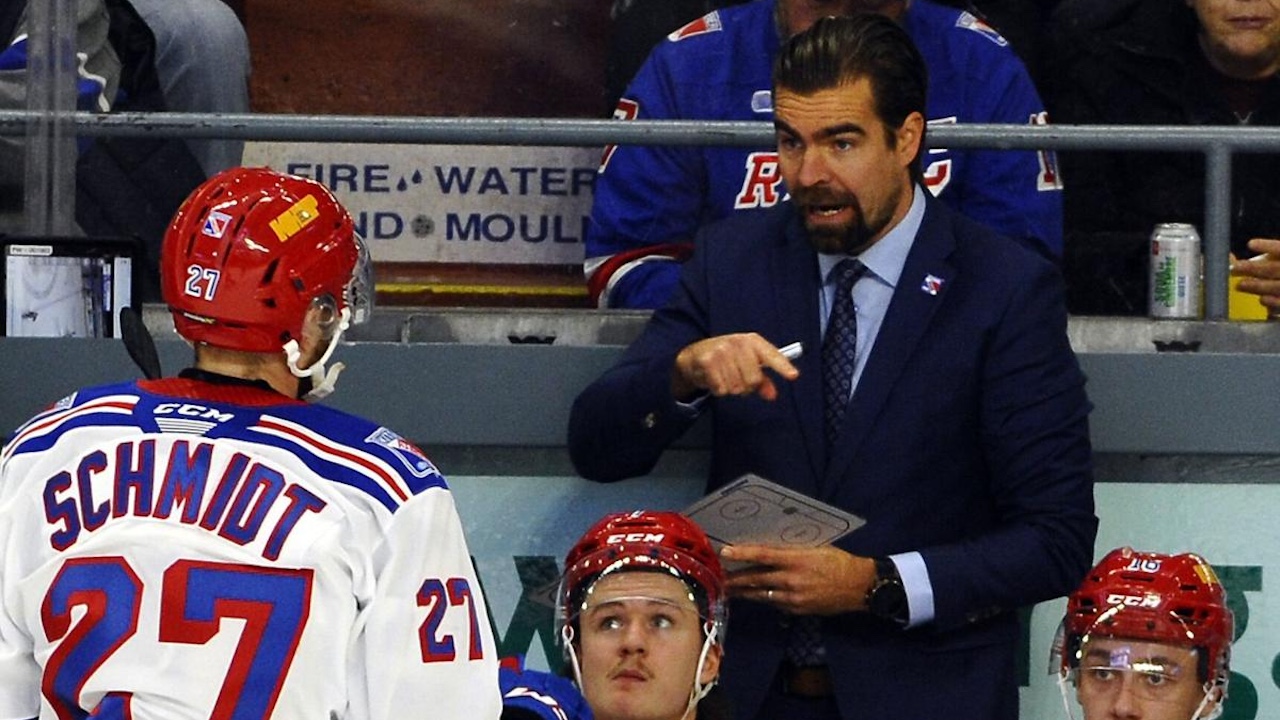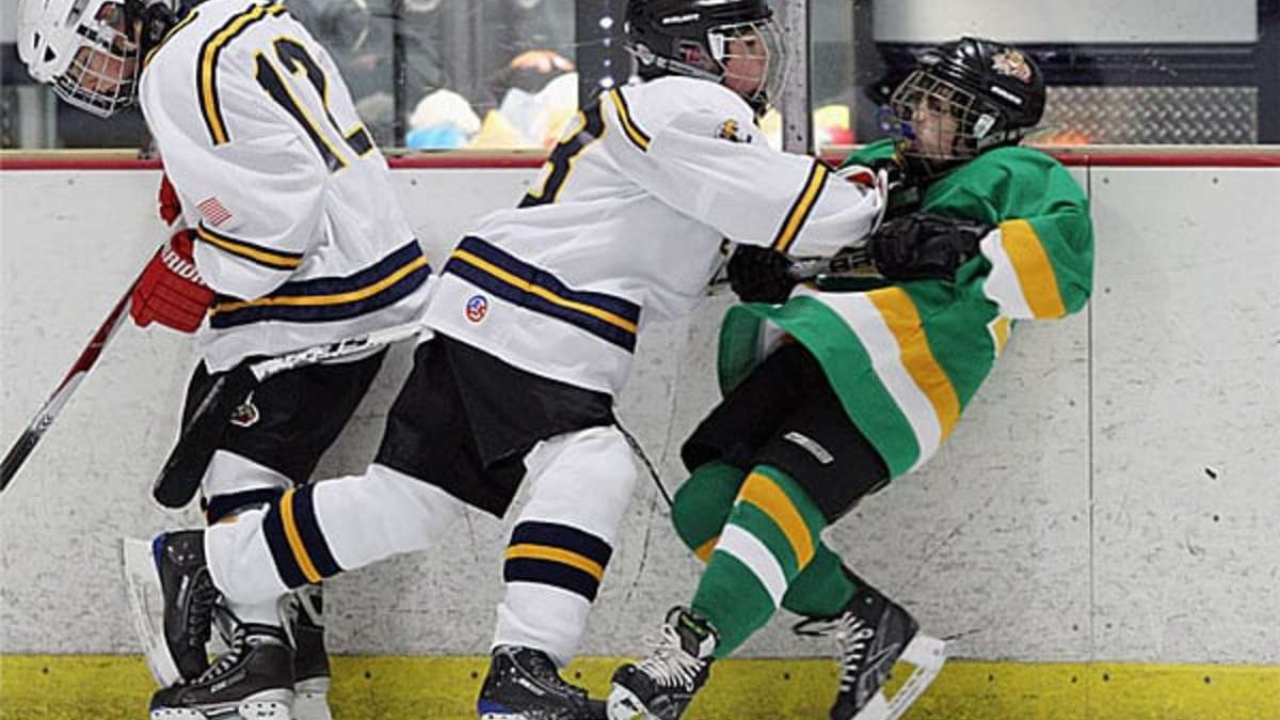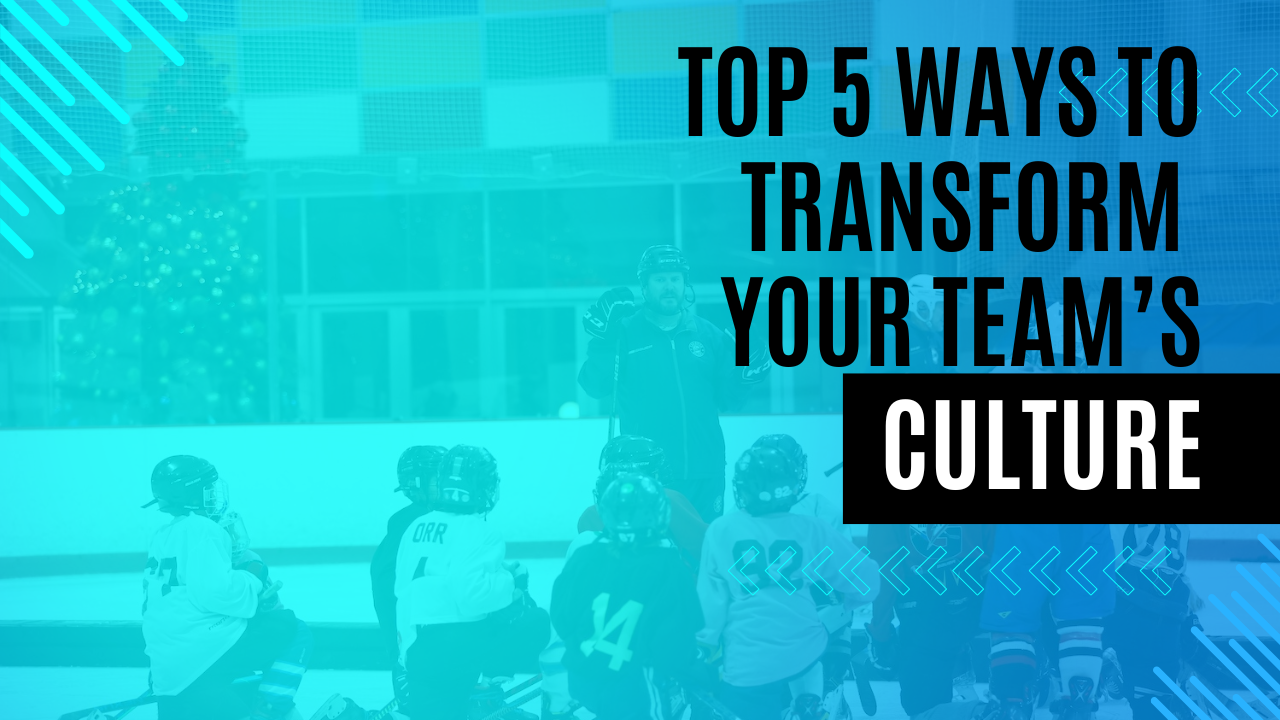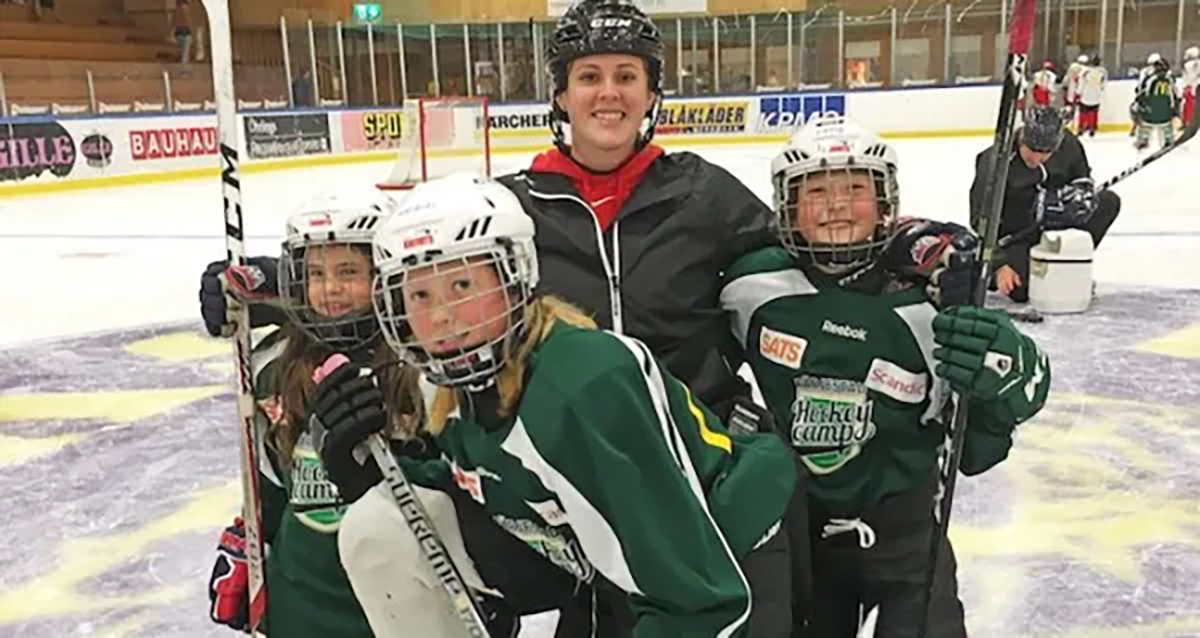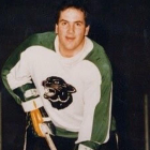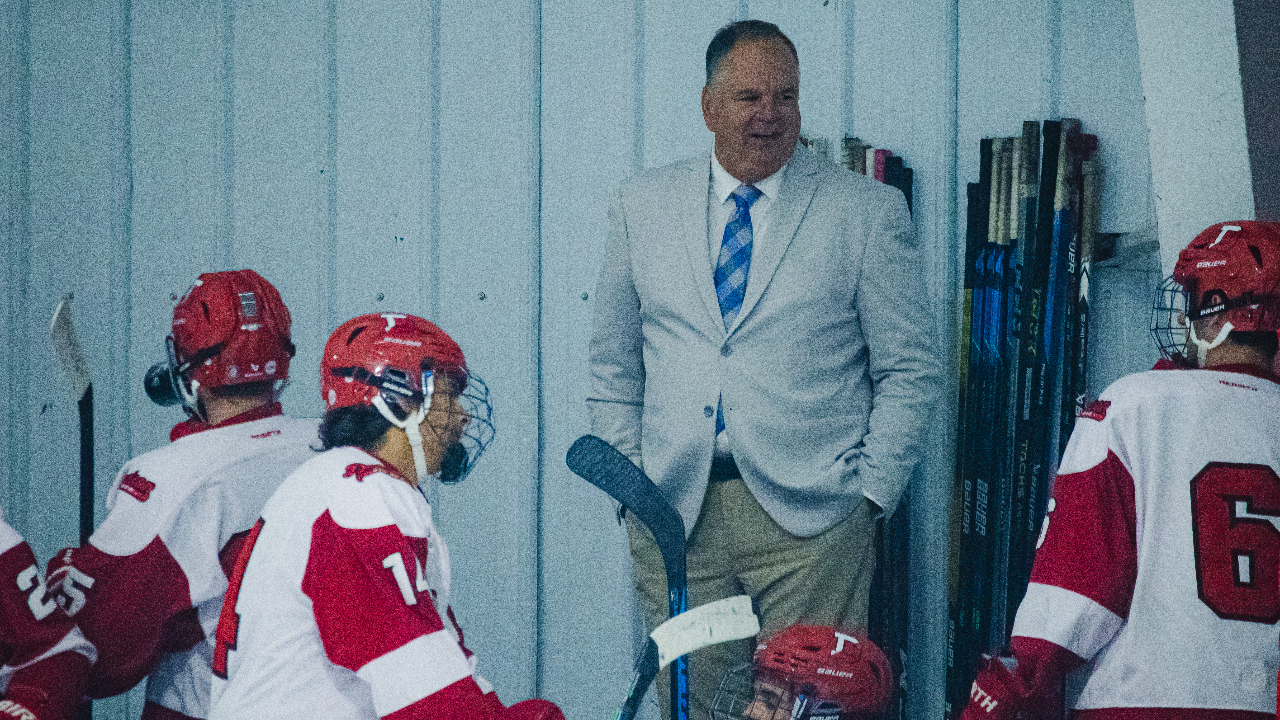For 92 years hockey has been played at St. Cloud Cathedral High. Two world wars, the Great Depression, the Moon Landing, Def Leppard's Adrenalize - all of these monumental events happened while hockey was growing in popularity at Cathedral. Nate Schmidt of the Winnipeg Jets, Vegas Golden Knights, and other teams, is the only graduate who's played professional hockey for a long time, but pro hockey is not how Robbie Stocker measures success.
People & Students First
Winning becomes a byproduct of doing things the right way. Cathedral recently underwent a shift in their culture, a rebuild of the habits by which the school could eventually be known. Stocker has taken plenty of inspiration from other sources, other sports - the power of culture and leadership isn't contained to hockey, and hockey players aren't immune to the importance of culture and leadership once they they leave the program. The real world awaits us all, and through some tough conversations, Stocker believes the resulting boost to positive energy will filter throughout the team, the program, and eventually the program.
Play your notes. This is how music works in large ensembles or even smaller 4-piece bands, and it serves a hockey team filled with unique individuals as well. This is everyone buying into their role and not only working toward being the best version of themselves, but sharing that best version with the team.
So what has Cathedral done that's unique for their program?
- Teambuilding: puzzles, games, and challenges people can do to enjoy themselves and build relationships
- Hockey Brothers: the seniors are paired with juniors and stick together all season
- Team Mass: followed by a team potluck, parents are included, and then the team embarks on the journey of their season
For Stocker and Cathedral High, everybody matters. We over me. It's not just a saying, the team has 27 skaters and it's crucial that everyone has a positive experience. Their recruiting is primarily based in how they treat the players and their people on a daily basis. A diversified coaching staff really helps in this regard - age brackets, ethnicities, backgrounds, faiths - it all helps add context and build relationships within a team.
The Importance of Practice on Culture
One vital part of that experience is having fun at the start of every practice. Most teams practice more than they play (at least they should be!) but that doesn't mean fun can't thrive in practice. After that, once skill development starts, it's important for Stocker and his team to focus on one thing at a time, When you chase two rabbits you catch neither, so they stick to one thing and throttling that one thing.
"Whatever systems you want to throw in, if they can't skate and they can't pass then it's not going to work."
-Robbie Stocker
Making practice fun isn't just about entertaining the players - it's a crucial element of effective player development and team culture. When players enjoy themselves during practice, they're more likely to be engaged, focused, and receptive to learning on the ice and in the classroom. Fun reduces the mental fatigue that can come with repetitive drills and creates a positive association with skill development.
A lighthearted atmosphere also helps reduce performance anxiety, allowing players to take risks and push their boundaries without fear of failure. This creates an environment where creativity can flourish and players feel comfortable making mistakes - an essential part of the learning process, and an obvious benefit when the puck drops in a game.
Fun activities often incorporate natural competition and social interaction, which builds team chemistry and strengthens relationships between players. When athletes look forward to practice, attendance improves, effort increases, and the overall quality of training elevates. This positive cycle ultimately leads to better performance when it matters most.
And it matters most all the time.
Noteworthy Timestamps:
- 0:10 Purpose at Cathedral
- 3:35 Culture - books, team building, brothers
- 13:15 Communication with your players
- 16:30 Creating leadership
- 20:10 Less is more
- 25:40 Player development
- 30:25 Drills and reinforcing habits
- 36:50 Typical practice plan
- 40:50 Finding balance

